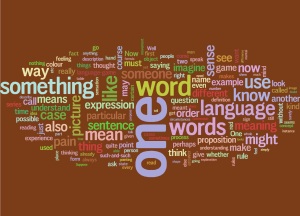Genuine philosophizing is neither taught nor learned in the academe. It evolves within the context of actual practical experience whose basis is the givenness of common sense that affirms the innate intelligence of the human species. It is the begin-all of philosophizing which is generally ignored and hence has seldom been given a significant place in the academic setting. In this sense, philosophy as an activity is an articulation of empirico-pragmatic notions free from the trappings of technical academic jargons. As such, philosophy is spontaneous and never guided by superficial rules. Life as reality is a text in itself and it is in our reading of which that our so-called philosophical reflection and discourse is realized.
Praxis philosophy—which is more of a philosophizing—emanates from this point and is thus concretized as a lifestyle, an expression of one’s lebenswelt. However, its universal appeal levels off adversarial arguments advanced in the superficiality of pseudo-philosophizing which is a trivialization of philosophy pulled down to the level of mental gymnastics. With this in mind, serious philosophizing leads us to creatively widen the sphere of our exploration and in the process draw inspiration from the universal wisdom of the ancient past.
It is therefore a challenging moment for us to take a serious effort to trace back our way to the ancient path where we could hopefully find our ancestors’ wisdom that has been ignored and even at worst desecrated through time because of the onslaught of modernist consumerism. Let’s listen to the morphic resonance of ancient wisdom right in our own context however faint it is and from there write a narrative of our spiritual rootage that is in commonality with the universal spirituality that uniquely defines our humanity. This is the spirituality that jibes so well with the essence of life breathed out of the cosmic source and shared by all creation.
© Ruel F, Pepa, 9 November 2012


